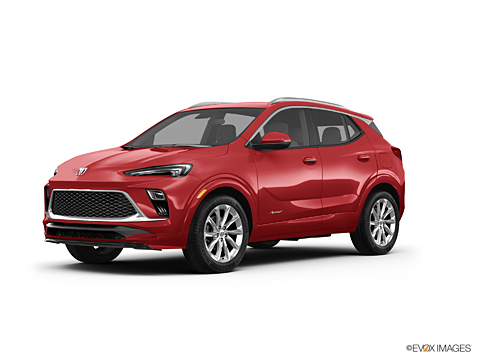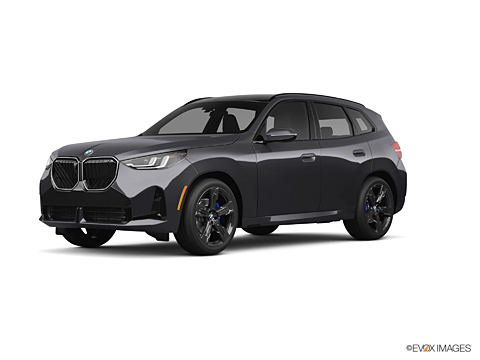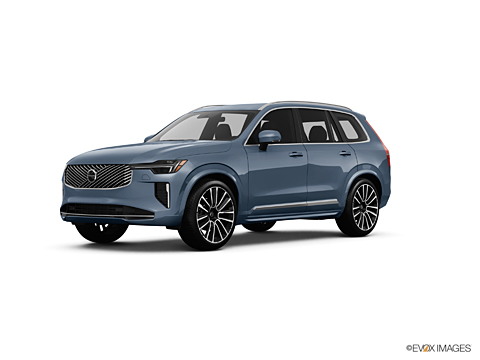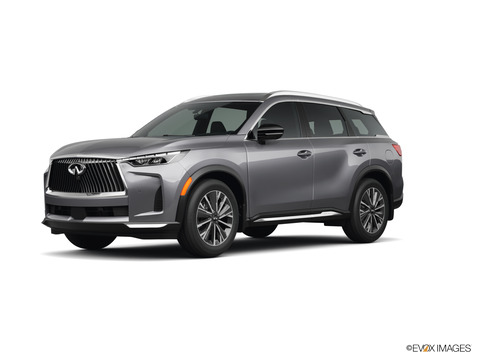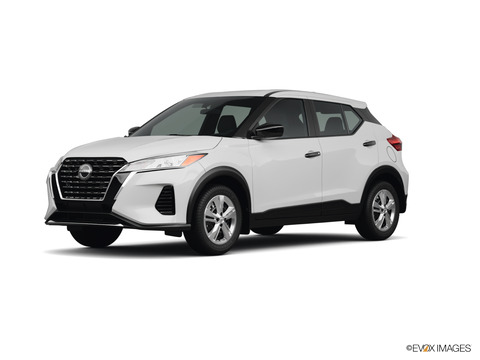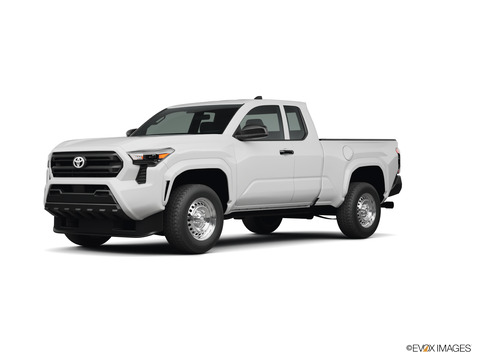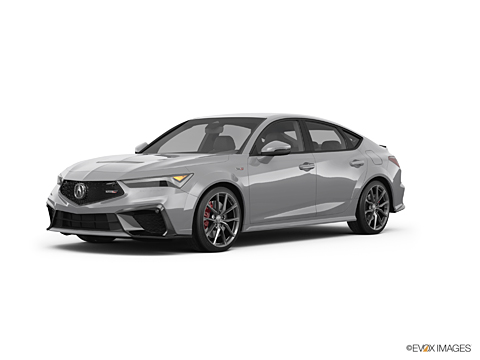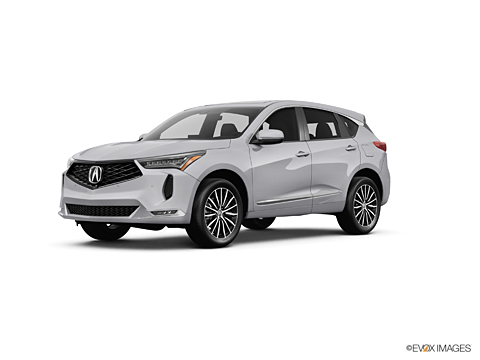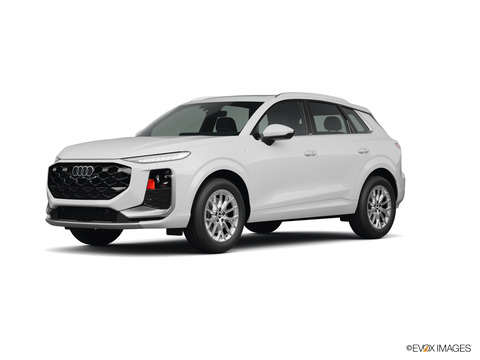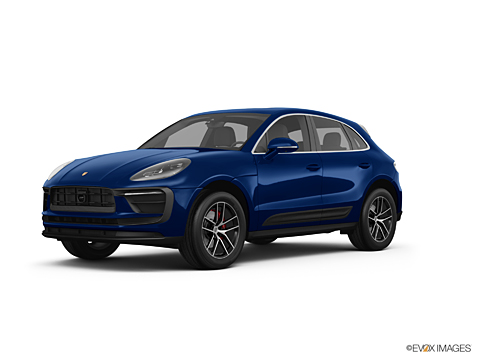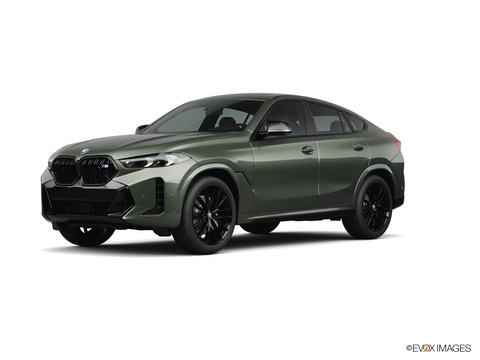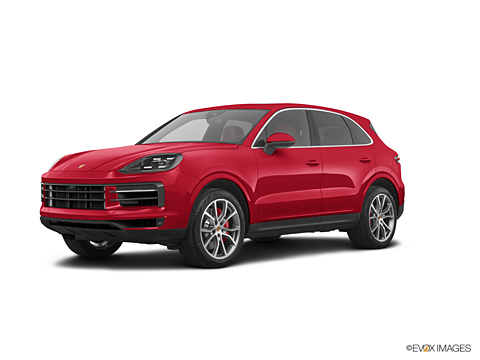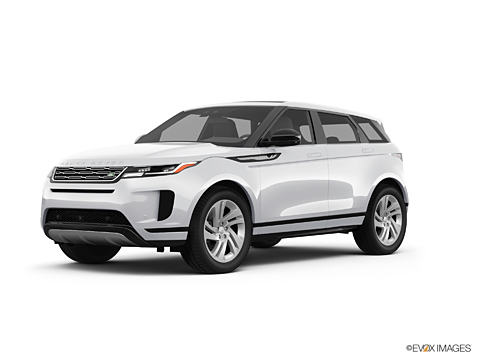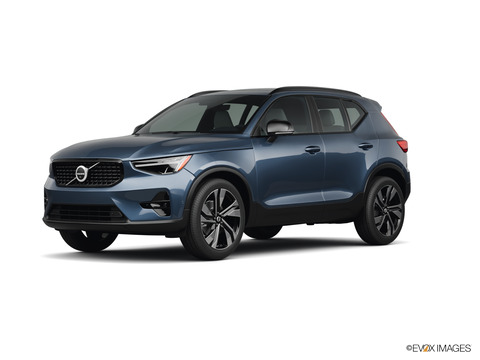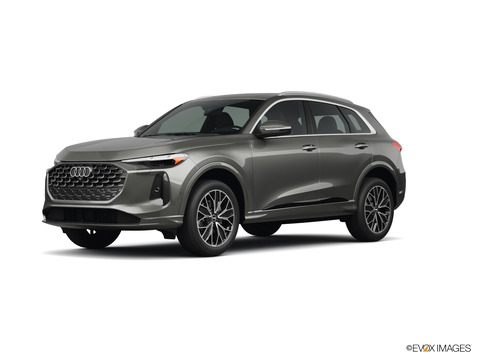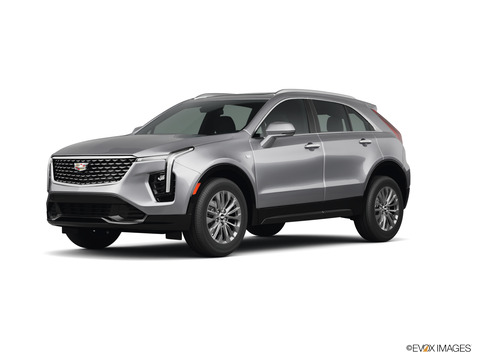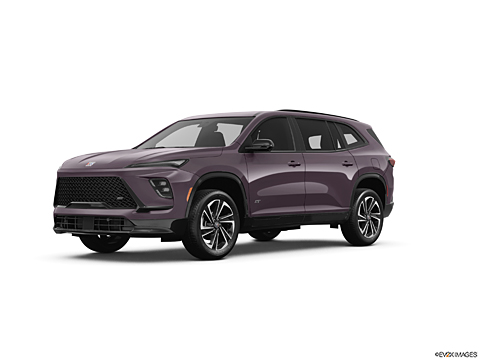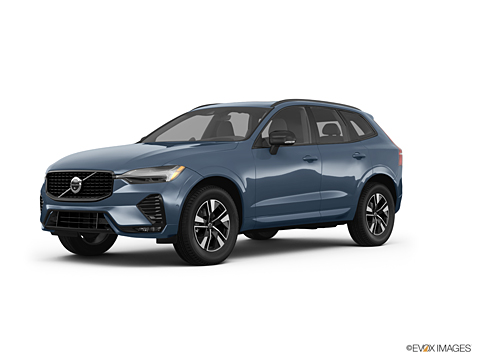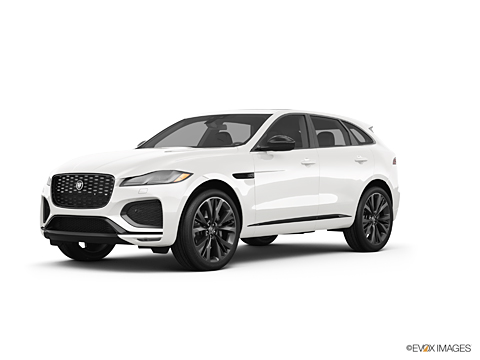
Best Gas Mileage Luxury SUVs for 2026
Our analysis of the luxury SUVs with the best gas mileage ranks them based on the highest mpg and most fuel-efficient drivetrain for each vehicle.
The best gas mileage luxury subcompact SUV is the Buick Encore GX (30 combined mpg), with the BMW X3 being the best gas mileage luxury small and compact SUV (29 combined mpg). The Lexus RX 350 ranks #1 for the best gas mileage luxury midsize SUVs (25 combined mpg).
The best gas mileage luxury large SUV is the Volvo XC90 (24 combined mpg) and the best gas mileage luxury crossover SUV is the Buick Encore GX (30 combined mpg). Topping the list for the best gas mileage luxury three-row SUVs is the Mercedes-Benz GLB (28 combined mpg), while the Lexus NX 450h+ ranks first for the best gas mileage luxury hybrid SUVs (84 combined mpge).
The best gas mileage luxury plug-in hybrid SUV (PHEV) is the Lexus NX 450h+ (84 combined mpge).
Luxury SUVs aren’t known for their fuel economy, but we’ve ranked them below based on their EPA fuel efficiency ratings for shoppers looking to reduce fuel costs. The good news for luxury SUV shoppers is that automakers have increasingly focused on fuel efficiency in recent years. By leveraging advanced engine and transmission technology, along with more aerodynamic styling, all new cars offer much better fuel economy than they did just a few years ago, with essentially no negative impact on horsepower or performance.
This means luxury SUVs buyers can enjoy the benefits of all-wheel-drive confidence, roomy cargo space, and up to 8-passenger capacity (in luxury SUVs with a third row), while mitigating their fuel bill. Even full-size, three-row luxury SUVs are capable of more than 20 mpg, and hybrid versions of these people movers can deliver over 25 mpg. Shoppers with smaller passenger and cargo needs can find a midsize luxury SUV capable of 25+ mpg, and hybrid models that achieve 30 mpg.
Of course the most fuel efficient SUVs are compact and subcompact models, with the best fuel economy coming from smaller models with a plug-in hybrid powertrain. Known as plug-in hybrid electric vehicles (or PHEVs) these luxury SUVs combine a four-cylinder engine with an electric motor and grid-rechargeable battery pack to provide a limited pure electric driving range – before the internal combustion engine fires up to keep the vehicle moving. Most PHEVs offer an all-electric range between 10 and 50 miles, which makes them excellent for people with low daily driving needs and much longer ranges (weekend road trips, family vacations) on occasion.
The starting price for PHEVs is higher than non-hybrid models, or even models with a traditional (non-plug-in) hybrid system. They often come standard with more advanced safety features and technology, like adaptive cruise control and larger touchscreens for the infotainment system, but their cost might be too high for many buyers, even with the benefit of lower fuel bills after purchase.
Luxury SUV buyers on a tight budget can skip the hybrid option altogether, purchase an entry-level subcompact or compact model with front-wheel drive, and still enjoy mpg in the 27-32 mpg range. These SUVs won’t be as sporty or off-road capable as the more powerful, AWD-equipped models, but they’ll still provide the refined driving experience and flexible passenger/cargo hauling capabilities that make luxury SUVs so popular. And they’ll accomplish all of it with impressive fuel efficiency.

How We Rank These Cars
The iSeeCars "Best Gas Mileage" lists rank cars, trucks and SUVs based on the highest mpg and most fuel-efficient drivetrain for each vehicle.
Along with the Best Gas Mileage scores, the lists show additional iSeeCars scores because we believe other factors should be taken into account to find the best overall vehicle. If there is a tie in mpg between vehicles, we use the overall iSeeCars Score to break the tie.
The overall iSeeCars Score is an analysis of three factors: reliability, resale value and safety. It is calculated based on the latest research and analysis by our data science team. The data analysis comes from over 12 million new and used vehicles in our Longest-Lasting Cars and 5-Year Depreciation Studies, combined with NHTSA and IIHS Safety Ratings.
Vehicles are scored in three categories:

Reliability
The reliability score represents an analysis of iSeeCars' proprietary research on the longest-lasting vehicles.

Value Retention
The value retention score is based on our data science team's statistical analysis and prediction of 5-year depreciation from MSRP to determine which cars hold their value best, using US Bureau of Labor Statistics data to adjust for inflation.

Safety
The safety score is calculated based on the last five years of crash test ratings from the National Highway Traffic Safety Administration (NHTSA) and incorporates the latest Top Safety Pick information from the Insurance Institute for Highway Safety (IIHS).

